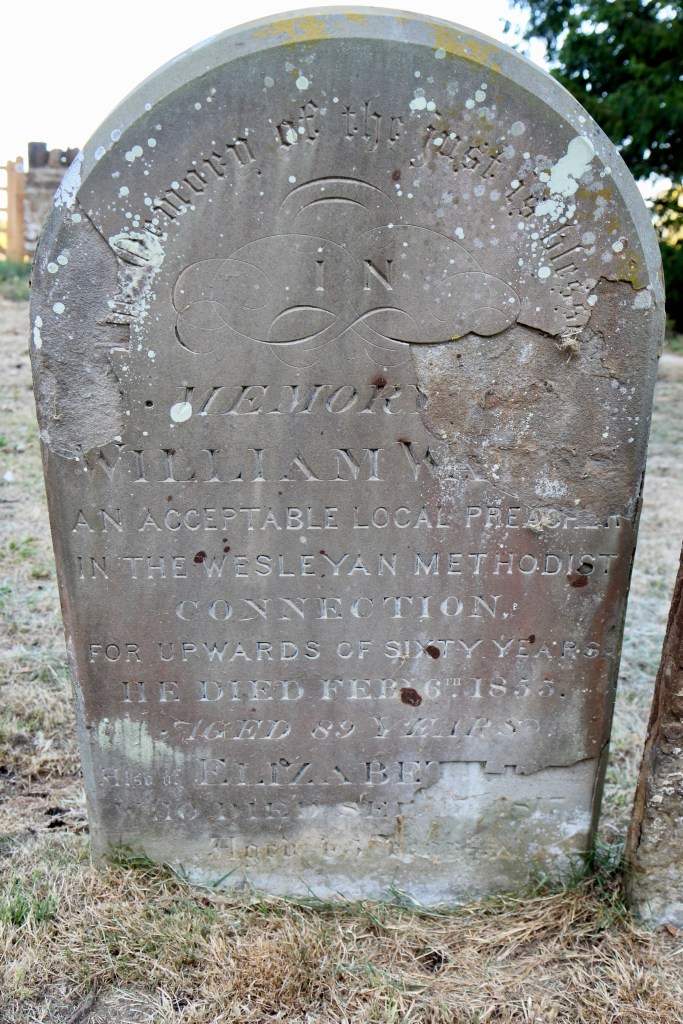Earlier this month I had two tough blows that hurt in different ways. A dear friend of mine, Keith Quanbeck, went to be with the Lord. Keith and I went to seminary together, roomed together for a year and have remained good friends ever since. I have all kinds of enjoyable memories of fun things we did together, as well as times of trial when we encouraged and helped each other.
I appreciated how, through the trials, Keith kept trusting in God’s grace and goodness. He could have gotten bitter and wondered, why me? Even though some things happened to him that didn’t seem fair, he kept believing in God’s gracious, undeserved goodness.
Keith suffered a stroke a few years ago, and it limited what he could do. I visited him a number of times and he shared about frustration and disappointment with not being able to preach any more, and challenges in communicating and getting around. Each visit though, in spite of the communication challenge, he made clear he still believed God is good.
A gift of grace I got to enjoy is having such a good and gracious friend like Keith.
The other blow was of a much different kind. One of my favorite authors is Philip Yancey. He confessed this month that he was unfaithful to his wife and has been involved for eight years in an affair with another man’s wife.
Yancey wrote The Jesus I Never Knew. It’s a fresh and beautiful view of Jesus based on the Gospels. I remember, after first reading the book, it felt like I was falling in love with Jesus all over again.
What’s So Amazing About Grace? is another book of Yancey’s I’ve appreciated. He does an excellent job of both describing God’s grace to us and ways we are to show grace to others.
The idea of showing grace to others seems especially relevant as I now think about Yancey. When I heard about what he had done I felt some anger, some disappointment. I still appreciate what he wrote. His wrong behavior doesn’t mean what he wrote was wrong. But I question whether I’ll quote from him anymore, at least maybe not name him.
There’s a section in the bookshelf in my office that you don’t see when the door is open. I have some books there that I don’t want to get rid of, but the authors have been embroiled in scandals. I haven’t moved Yancey’s books there yet. Sadly, that section is getting rather full.
In 2022 Yancey was diagnosed as having Parkinson’s disease. His wife, Janet, has been his caregiver. After the news of the affair came out she released a statement and spoke of her “trauma and devastation.” Yet she said she made a “sacred and binding” vow 55 years ago, and “I will not break that promise.” She knows “Jesus has paid for and forgiven the sins of the world, including Philip’s.” She prays for God to grant her the grace to forgive also.
As the disease progresses it is most likely that Philip will need an increasing amount of care from Janet. Giving care to one who betrayed you and hurt you: that is grace. Philip wrote well about grace. Janet, in her statement and faithful care for Philip, is showing grace.
The grace Janet is showing Philip is how God treats us. We strive to be like Janet, but we have to humbly admit, in our relationship with God, we have been like Philip. We have not been faithful to the Lord, but He forgives and He still cares for us. “He does not treat us as our sins deserve or repay us according to our iniquities. For as high as the heavens are above the earth, so great is His love for those who fear Him; as far as the east is from the west, so far has He removed our transgressions from us” (Psalm 103:10-12).
Even though I thought at times Keith deserved better than what he got, he wasn’t unfairly treated by God. He was a receipient of God’s unmerited and amazing grace. Jesus died for his sins, saved him and gave him life eternal.
Philip is getting better treatment than he deserves, especially from God and also his wife. In spite of his failure to be faithful, he is offered grace from God. What is so amazing about grace is that it can sustain and encourage ones who hurt like Keith, and it is extended to undeserving ones like Philip. For all of us our hope remains in God’s amazing grace.





